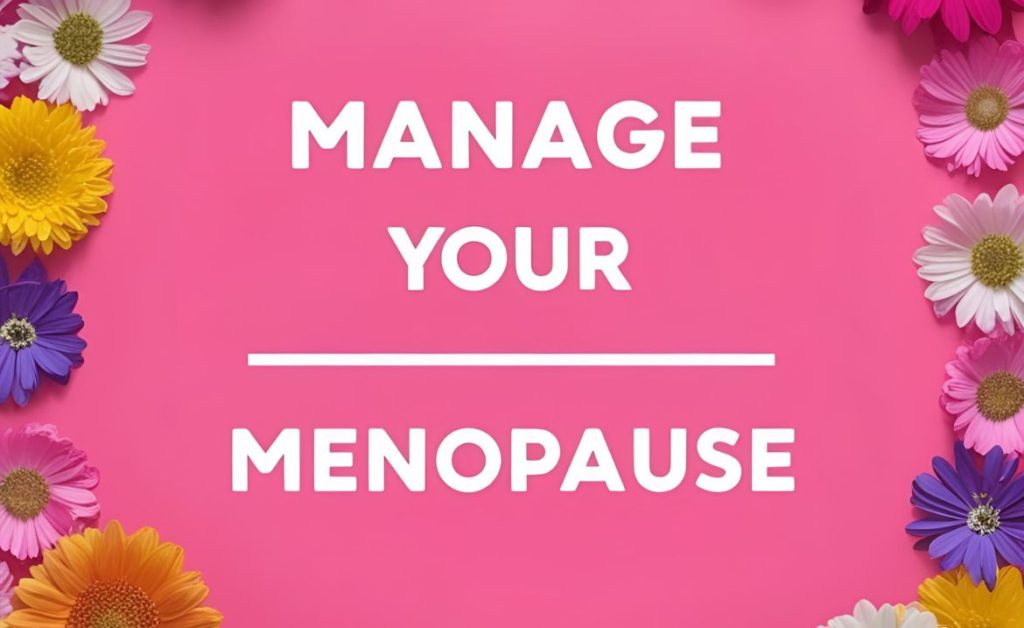It’s time to press pause as we shed light on a significant and growing topic – Menopause. As a least understood and addressed medical condition globally, menopause is very often misdiagnosed. It is a biological process that all women experience, affecting every woman differently.
Menopause, while defined as a year after a woman’s last menstrual cycle, should also be recognised as a hormone deficiency affecting every cell in the body. This period of a woman’s life can be confusing, stressful, and frightening as you navigate this new world of changes.
So, without further ado, let’s dive deeper into demystifying menopause.
What is menopause?
Menopause is the time in a woman’s life when she stops having monthly menstrual periods. It is signalled by 12 months after her last menstruation. At this time, her ovaries stop releasing eggs and stop producing the hormones oestrogen and progesterone. Menopause usually occurs between the ages of 45 and 55, with the average age for Australian women at 51. But it’s not as simple as that.
For instance, it may occur at a much earlier age if you have
- Undergone chemotherapy/radiotherapy,
- Had your ovaries removed,
- Had a hysterectomy or
- There is a genetic history.
But menopause is the middle of the story of this journey in which you find yourself embarking on. Like every story, there is a beginning, middle, and end. The beginning of this chapter is known as perimenopause.
What is perimenopause?
Perimenopause is the transition phase in a woman’s life towards menopause and can start as early as your mid-30s or early 40s. During this time, your hormones will begin to fluctuate, and you’ll notice various changes in your body. This shape-shifting phenomenon can manifest in many ways and is often dismissed as stress.
What are the symptoms of perimenopause and menopause?
Like any story, you begin to feel the essence before you get to it. The same occurs before actual menopause occurs; you’ll feel symptoms before your periods stop altogether. It’s important to remember that symptoms will vary from woman to woman. So, let’s look at the symptoms that the fluctuating hormones can lead to.
- Brain fog
- Reduced energy
- Incontinence
- Memory problems
- Mood swings
- Insomnia
- Low mood/depression
- Lack of libido
- Heart palpitations
- Anxiety
- Irritability
- Muscle and joint pains
- Itchy skin
- Panic attacks
- Headaches
- Migraines
- Pain during sex
- Vaginal dryness
- Vaginal itching or soreness
- Changes in periods
- Hot flashes
- Night sweats
- Brittle nails
- Dry eyes
- Tinnitus
- Hair loss
You will have noticed that the symptoms during the transitional phase of perimenopause and menopause are pretty much the same. During perimenopause, doctors may misdiagnose many women with attention-deficit hyperactive disorder (ADHD), leaky gut, or fatty liver, all of which can be signs of perimenopause.
What are the treatment options for menopause?
In most cases, you do not need to see a doctor as you enter this phase of your life. But should you experience uncomfortable symptoms that impact your daily life, the following treatment options are available.
Hormone therapy (oestrogen)
Menopausal Hormone Therapy (MHT) (also known as hormone replacement therapy) is one of the most effective treatments for most menopausal symptoms. In some cases, MHT can reduce the risk of diabetes and heart disease. Women who have vaginal dryness without can try ‘vaginal oestrogen.’ Your specialist can prescribe vaginal oestrogen. It comes in creams, tablets, or a flexible ring. Vaginal oestrogen is provided in small doses and designed to have minimal impact on levels of oestrogen in other parts of the body.
Combined oestrogen and progesterone hormone therapy
If you have not undergone a hysterectomy, your recommended course of treatment will be – what is known as – combined MHT with oestrogen and progesterone. Experts believe these hormones are effective and safe for many women experiencing symptoms in their 40s and 50s.
Natural remedies
If you prefer natural remedies, vitamins and herbal supplements are available. However, these are not well-researched and studied. So, they may not be as effective as placebos and could lead to adverse effects.
Enhance your well-being during menopause
To enhance and manage your well-being during this phase of your life, you can incorporate a few strategies to help manage and reduce the symptoms. These include:
- Healthy nutrition: Focus on healthy fats, fruits, vegetables, lean meats, and whole grains.
- Exercise: Along with a healthy diet, your body requires exercise in the form of weightlifting, resistance training, walking, jogging, and yoga.
- Reduce your stress: Manage stress levels with breathwork and meditation to reduce cortisol levels.
- Boost your sleep quality: Try to get 7 to 8 hours of sleep by creating a bedtime routine focusing on the circadian rhythm.
Getting advice and support
At Wollongong Obstetrics and Gynaecology, we’re here to help and answer any questions you may have. Dr Kothari is highly experienced with patients transitioning through menopause. During your consultation, Dr Kothari will discuss your treatment options based on your needs.
To book an appointment, contact us today.
In the meantime, here are a few resources to guide you through this new and transitional phase of your life.

